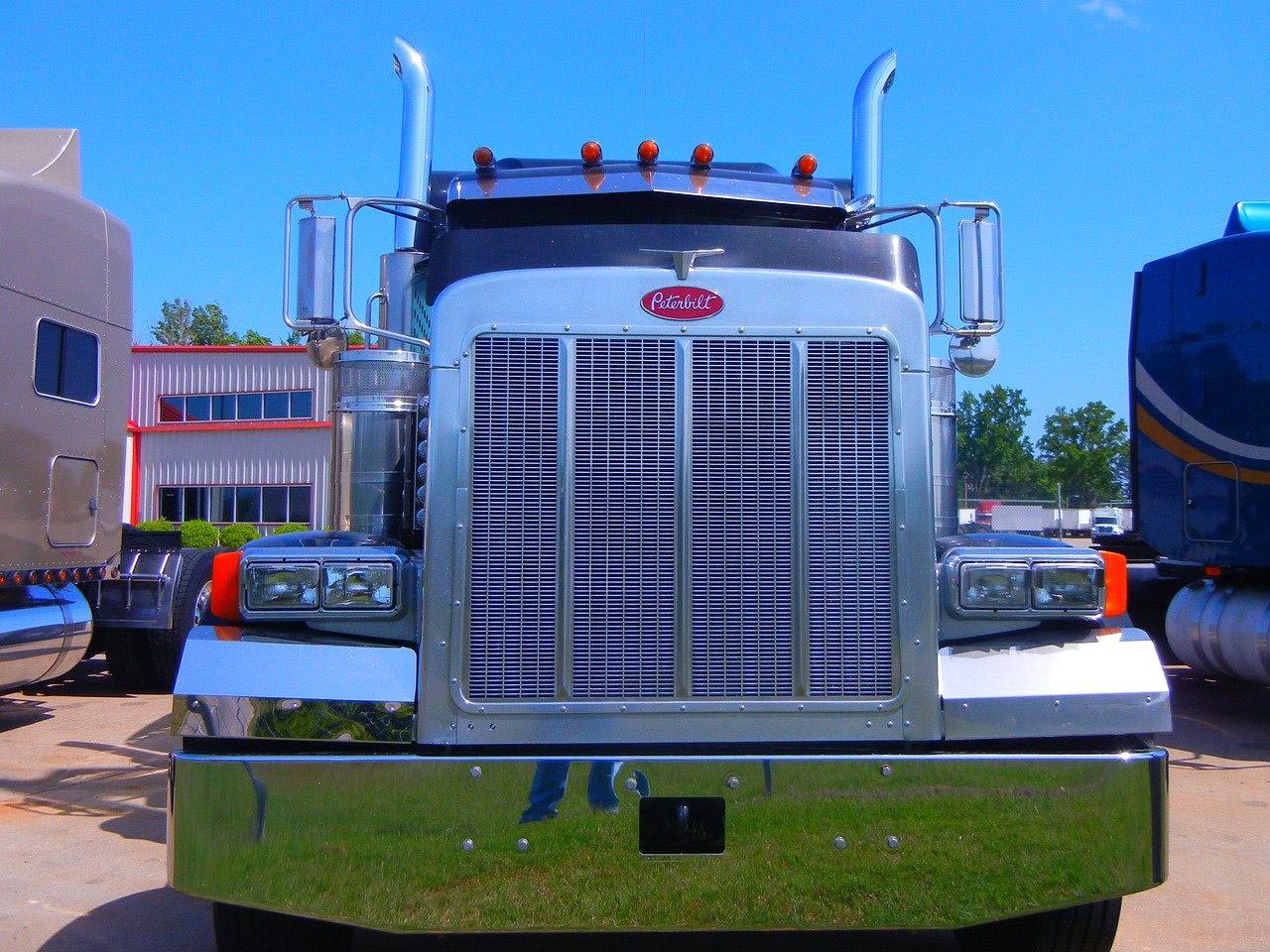Shortly after President Trump declared the Coronavirus a national emergency in March, regulators temporarily suspended regulations on truck drivers. The Transportation Department’s Federal Motor Carrier Safety Administration (FMCSA) announced it would temporarily not enforce rules that limit daily driving hours for truck drivers moving much needed supplies.
The change makes sense. If you’ve been to the grocery store you’ve seen the empty aisles where there once was food, hand sanitizer, disinfectant, pharmaceuticals and, of course, toilet paper. Anxious shoppers across the nation are stockpiling goods, so demand has spiked. Plus, healthcare facilities need additional medical equipment to treat infected patients and protect their staff, and much of that equipment arrives by truck.
However, this crisis has now been going on for weeks. When truckers push themselves to the limit day after day, especially in a high stress situation, fatigue sets in. It’s very possible we’ll see an increase in 18-wheeler accidents in the days ahead.
A Chilling Statement
18-wheeler drivers have always had to spend long hours on the road, constantly focusing to stay in charge of around 80,000 pounds of moving vehicle and product. Before current FMCSA regulations began to be enforced, some drivers would push themselves to drive longer hours than prudent. They would become fatigued, and fatigue causes driving mistakes.
FMCSA put those regulations in place to prevent accidents.
Now, drivers are being asked once again to push themselves. A truck driver for Maine’s Blevin Logistics told CBS News the following:
“I’m a mom. Instead of going home, I stayed out driving my truck sometimes 24 hours at a time, lately six weeks. So y’all got what you need. And there are hundreds of thousands more like me but instead of going home are running until we can’t see straight in our tracks…now we are driving sometimes three days at a time with few hours [of] sleep.”
It’s a tough time for them, especially since many of the rest stops and restaurants they normally stop at are closed. They’re doing what their employers ask them to in order to deliver supplies to us all, but it’s never a good thing when potentially thousands of 18-wheeler drivers, careening down the road with 40 tons behind them, are exhausted and can’t see straight.
Top 18-Wheeler Accident Causes
Some of the most common causes of 18-wheeler accidents are as follows:
- Driver fatigue
- Distracted driving
- Poorly maintained or malfunctioning equipment
- Driving inappropriately for weather conditions
- Unsecured cargo
- Road defects
So let’s put ourselves in a trucker’s shoes for just a minute. Say your boss is pressuring you to deliver one load of critical supplies after another, no matter what it takes. You know the country is in crisis, and that what you’re doing really does make a difference. You want to help.
So you give everything you’ve got day after day. You only pull over to sleep when you absolutely can’t go one more mile. When you do, you set your alarm to wake up after just a few hours, then you start all over again.
You can’t remember the last time you sat down at an actual table to eat a hot meal. When your family texts, you don’t have time to pull over and respond. You’re stressed about the risk of infection and worried about your family. All that follows you into your sleep, so you almost never rest.
How much more likely are you to experience fatigue, drive distracted, miss equipment problems, speed on wet pavement, forget to secure your cargo or not notice road defects? Sooner or later, it’s going to happen.
18-Wheeler Accident Experts
This whole situation is complicated, but that doesn’t mean victims of 18-wheeler accidents don’t deserve compensation. If you’re involved in a big truck accident, talk to the personal injury lawsuit experts at Monsour Law Firm as soon as possible. Schedule your complimentary online consultation today.


